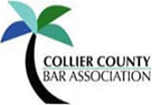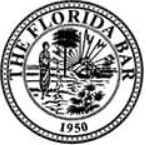The homeowners association that governs your condominium development in Florida must have a number of legal documents. These include master covenants and restrictions, among others. At Conroy, Conroy & Durant, P.A., we assist condo owners and HOAs in ensuring that the association documents do not break laws or take unfair advantage of those who live in the community.
According to the Homeowners Protection Bureau, LLC, some HOA covenants and restrictions are not legally enforceable. State laws generally presume enforceability unless there is a valid reason it should not be, such as the imposition of burdens on owners that outweigh the benefits to all residents.
Other reasons the courts may not uphold a covenant or restriction include the following:
- Court enforcement of the covenant would violate homeowners’ or prospective homeowners’ constitutional rights
- The covenant or restriction is substantively invalid due to inconsistency with the HOA’s authority as laid out by the governing documents or by Florida statutes
- The enactment of the covenant or restriction is procedurally flawed, such as failing to abide by the processes that the governing documents require, or by Florida statutes
- The HOA’s enforcement of the covenant or restriction has been inconsistent, capricious or arbitrary
If a resident takes the matter to court, the judge may determine that the HOA cannot enforce the covenant, or he or she could instead interpret it in a way that allows the HOA to enforce it. However, in most cases, the courts will not enforce a covenant that falls under one or more of the above criteria.
More information about HOA covenants and restrictions is available on our webpage.







